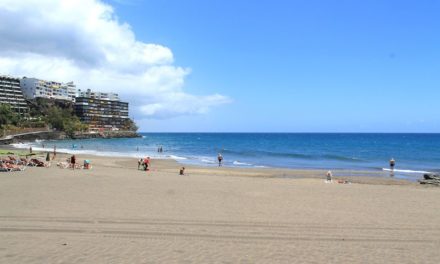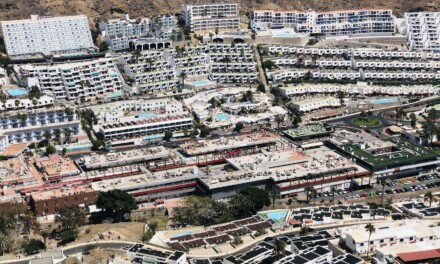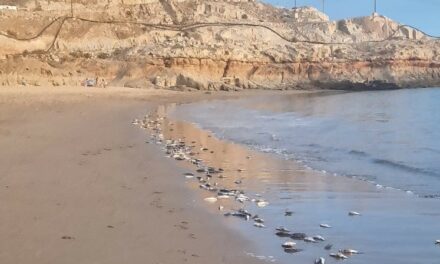Canary Islands Minister of Social Rights, Noemí Santana, this Tuesday launched a cry for “help” and “assistance” in guaranteeing fundamental attention for migrant minors on the islands, which currently total 2,869 under guardianship as wards of the State.
“The situation is extreme”, Santana urged during an appearance at a parliamentary committee, in which she warned that “there is not a single space more”, economic and human resources “are very scarce”, if this situation is not offered immediate remedy, the social care system will not be able to maintain the standards it has been able to uphold up to now.
“Our concern is that in the future the attention [being provided] will be reduced, we are not going to allow it, we will go as far as we have to go”, she declared.
Santana insists that the Canary Islands are experiencing an “unprecedented migratory crisis” and never before have they had so many unaccompanied minors in foster care, with just over 2,300 in the 50 emergency centres opened by the autonomous community and 566 in the hands of the cabildos.
On Gran Canaria now there are 1,421 minors in autonomous centres and 200 under the tutelage of the Cabildo; on Tenerife, 117 and 609 respectively; on Fuerteventura, 23 and 168 and on Lanzarote, La Palma, La Gomera and El Hierro, a total of 191, 30, 5 and 55, all in autonomous community facilities.
The Minister lamented the “lack of collaboration” from some municipalities on the islands to open centres and also criticised the lack of “solidarity” from the rest of the autonomous communities throughout Spain, which have thus far only welcomed 298 minors.
Santana pointed out that the Canarian Government “has resorted to all avenues” putting claims before the State and the European Union (EU) for “a responsible distribution” of minors at a time of “humanitarian emergency” and in spite of the Canary Islands being a “southern border” of Spain, and of Europe, it seems that “no one remembers it”.
Santana points out that the compulsory distribution of minors has been weighed down by a “legal loophole”, leading to difficulties in carrying out legislated protocol through the inter-territorial commission, she says, in the face of “obstacles” put up by some autonomous communities.
However, she hopes that the upcoming Canary Islands-State bilateral commission “will be very useful” in “being able to shed light and establish what criteria” is followed.
In addition, she has said that they have asked the Ministry of the Interior to allow a first evaluation “at the foot of the coast” carried out by technicians and workers from the NGO “Save The Children”, so as to determine the age of each new arrival – the Ministry of Interior has rejected the idea, though they will request it again, as “it would relieve sufficient pressure”. There are up to 1,280 minors currently still pending tests to medically determine their age.
BONE TESTING
The Minister said she valued the predisposition of Spain’s Government Delegation, in helping to speed up the necessary bone tests.
She said that she is still waiting to meet with the Spanish Minister for Migration, José Luis Escrivá, adding that although they have not managed to get EU FAMI funds for the Canary Islands, there is the matter of €50 million in this year’s state budget, in the PGE, earmarked for this very requirement, attention to the migrations.










